The Asus Zenfone 8 Flip just launched, and I’ve got to be honest, this thing is cool. Obviously, the flip-up camera technology isn’t new to the smartphone scene, but this year Asus is really pushing for it to become mainstream.
Taking some notes from the Asus Zenfone 7 series, we’ve got nearly the same triple-lens system, that flips up to be your front-facing camera. While this flip-up camera system is the main selling point of the Zenfone 8 Flip, Asus doesn’t see it as the flagship product. In fact, the smaller form factor Zenfone 8 gets a few upgrades over the 8 Flip. So what’s so special about the 8 Flip? Let’s find out.
See Also: Best pop up and slider camera phones to buy
The “notch” is dead
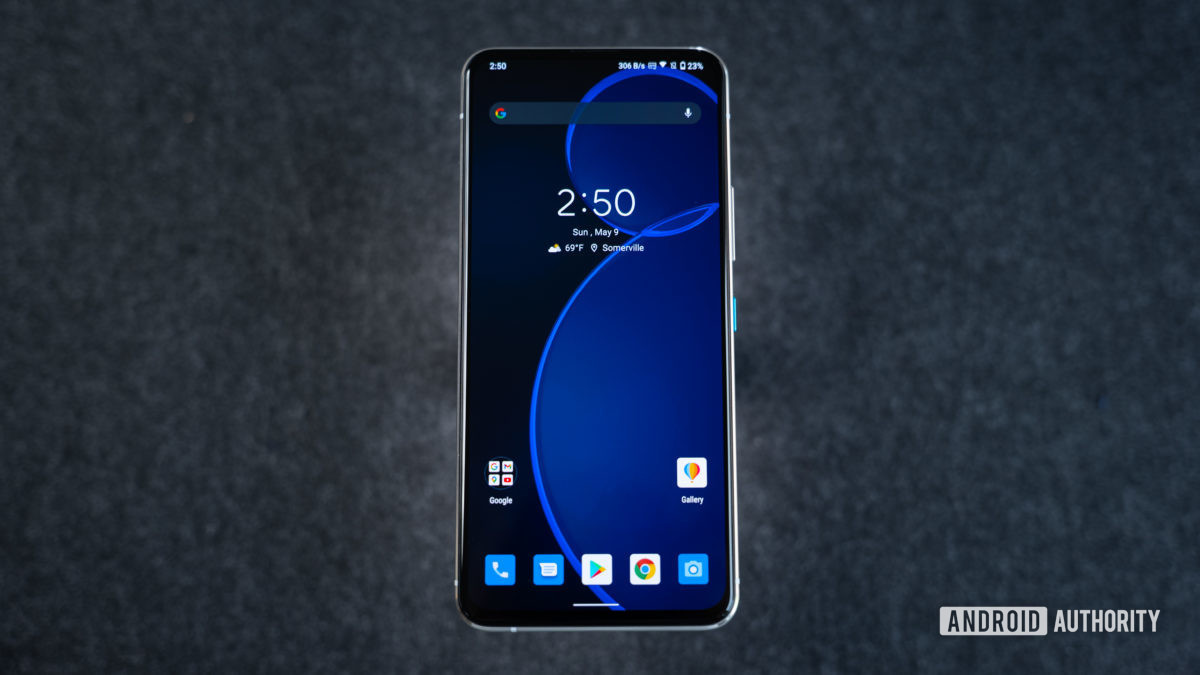
It’s been a while since I’ve used a full-screen smartphone, and to be frank, I miss it. It really is such a relief to not have any sort of notch or punch-hole staring back at you. Still, there are some omissions from this beautiful 6.67-inch FHD+ AMOLED display. Unfortunately, the panel on the 8 Flip is only 90Hz, with the 120Hz display reserved for the standard Zenfone 8. Even still, this display looks great at a glance. The panel is mostly flat but has an ever so soft curve at the very edge of the screen. This floats quite naturally into the device’s edges and makes for a very polished impression in hand.
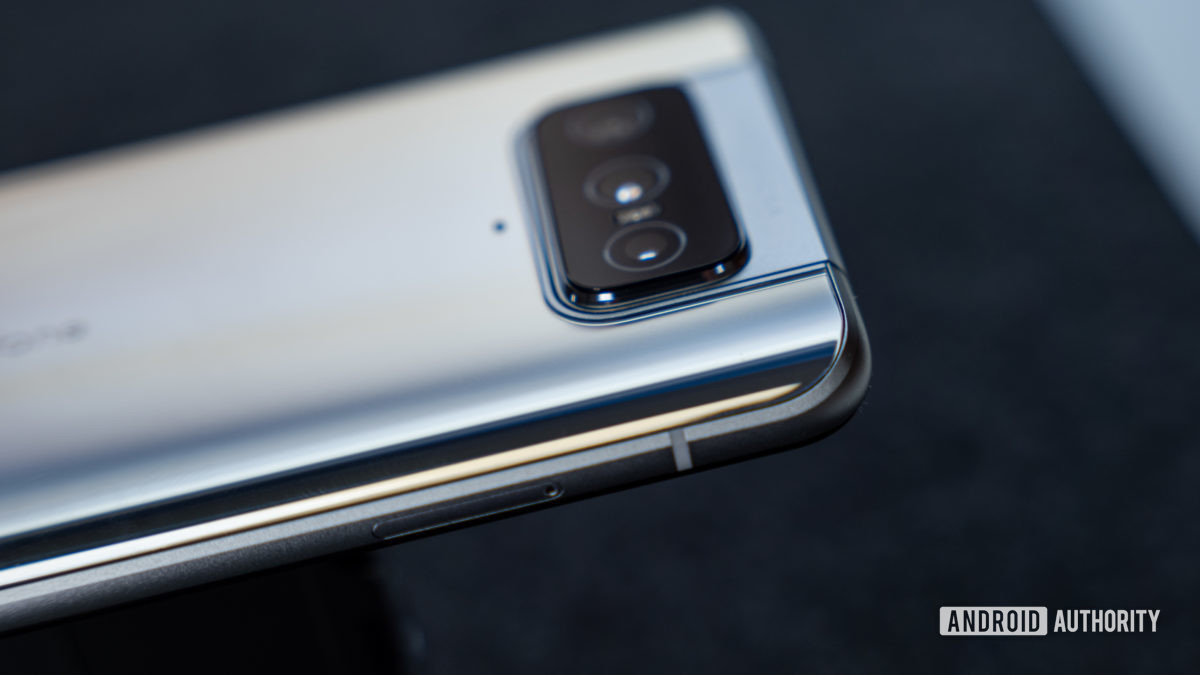
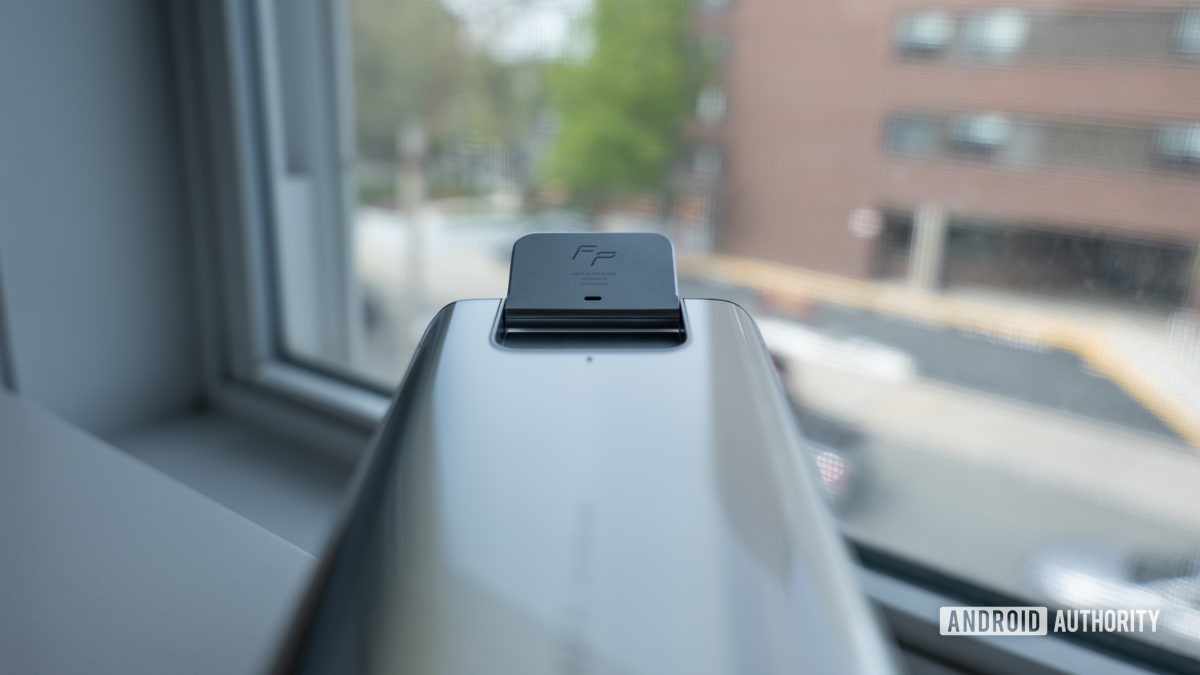
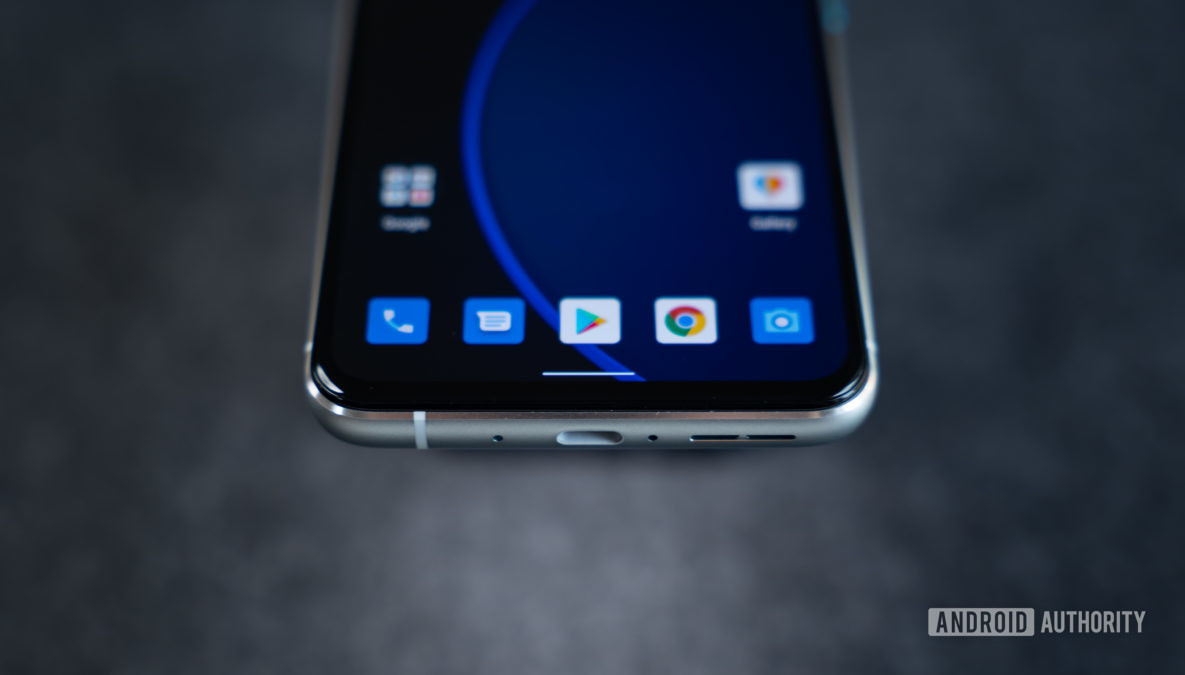
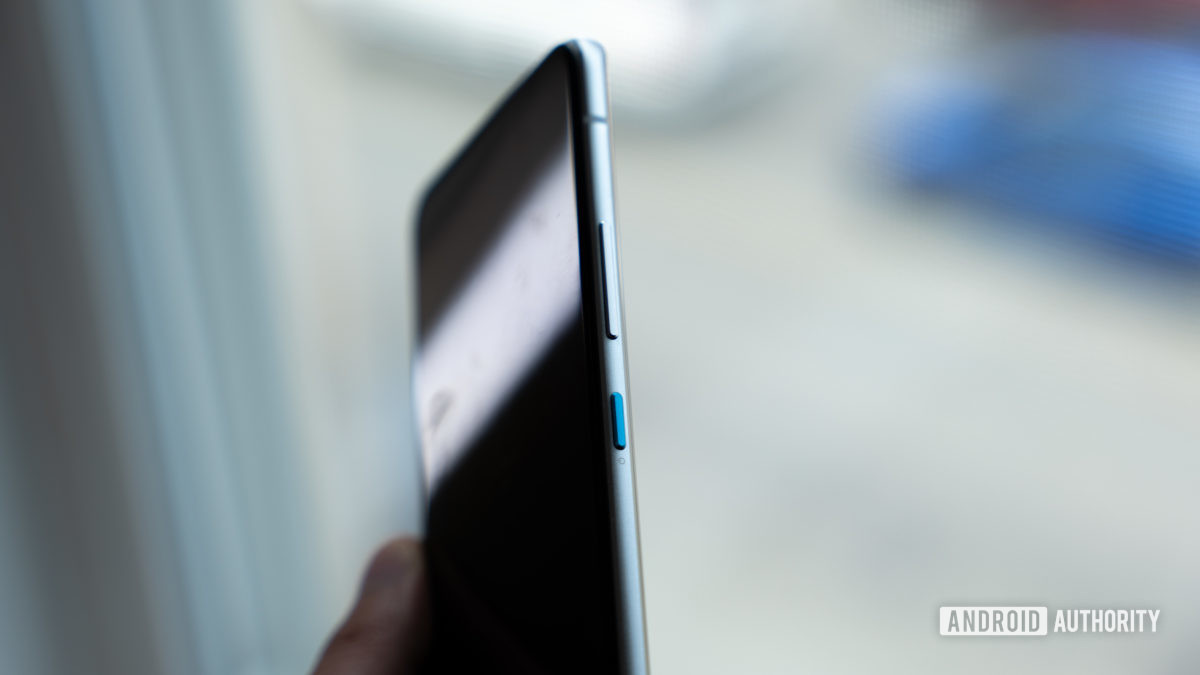
The design here is very reminiscent of the previous generation Asus Zenfone 7 and Zenfone 7 Pro, albeit with some more chamfered edges, a bright blue colored power button, and a slightly more industrial design, which I quite like.
It really is such a relief to not have any sort of notch or punch-hole staring back at you.
I’m overall impressed with the general build quality and software of the Zenfone 8 Flip. Given that the Zenfone 6 and 7 were pretty durable devices, I can’t imagine why the Zenfone 8 Flip wouldn’t hold up in the long run either. Still, the mirrored back of the phone picks up a metric ton of fingerprints, and I really wish manufactures would stop choosing this over a matte finish.
In terms of what you get in the box, the phone ships with a 30W fast charger, two cases, and a USB-C to USB-C cable.
What about those cameras?

As noted earlier, the camera system on the 8 Flip is mostly identical to the setup found on the Asus Zenfone 7 Pro. This includes a 64MP Sony IMX686 f/1.8 primary shooter, a Sony IMX363 12MP f/2.2 Ultrawide camera, and an 8MP 3x telephoto lens. Unfortunately, and unlike the Zenfone 7 Pro, there is no optical image stabilization (OIS) included with these new cameras. That said, Asus did include a new stepper motor that it claims makes the flip-out operation smoother. While I don’t have the Zenfone 7 Pro to compare it to, I can confirm that the motor actuation is fast and feels fluid.
The benefit of this unique design is that you’re able to use the primary camera system as a front-facing shooter. In fact, Asus heavily markets this phone for vloggers and those looking to shoot high-quality videos of themselves.
See also: The best camera phones you can buy
In my limited testing, the main sensor seemed to produce well-detailed and fairly color-accurate images. The ultra-wide camera is a little softer and noisier, which is to be expected, and the telephoto lens isn’t great either. The latter produces some very soft images, primarily due to Asus’s image softening on this particular sensor. Still, due to the nature of this system, Asus packages a few more features, such as a Panoramic mode that automatically actuates the camera to take smooth panoramas for you. Also, there is a pro photo and video mode that gives the user fine control over more specific settings.
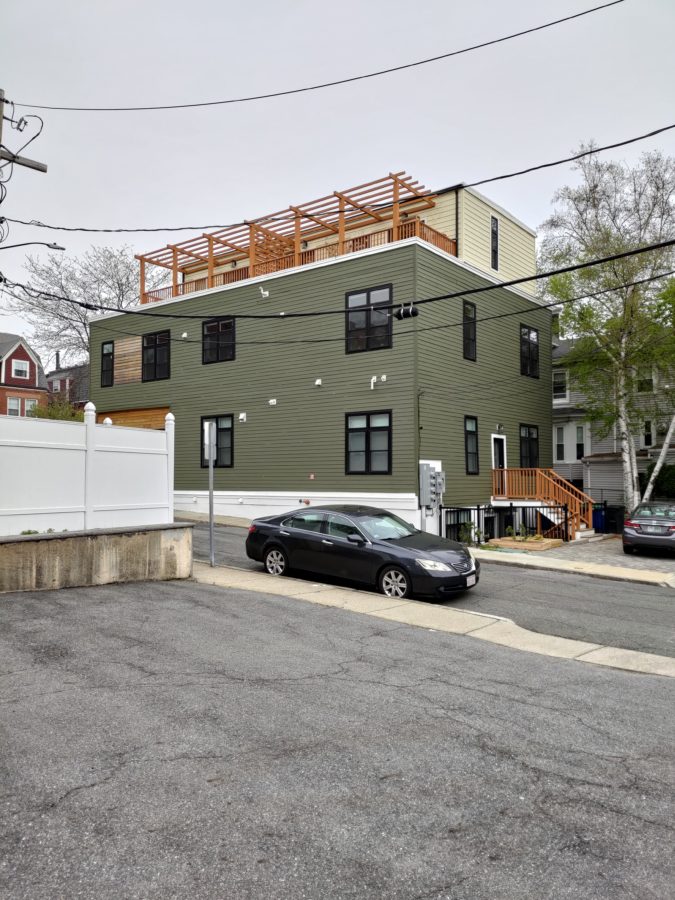
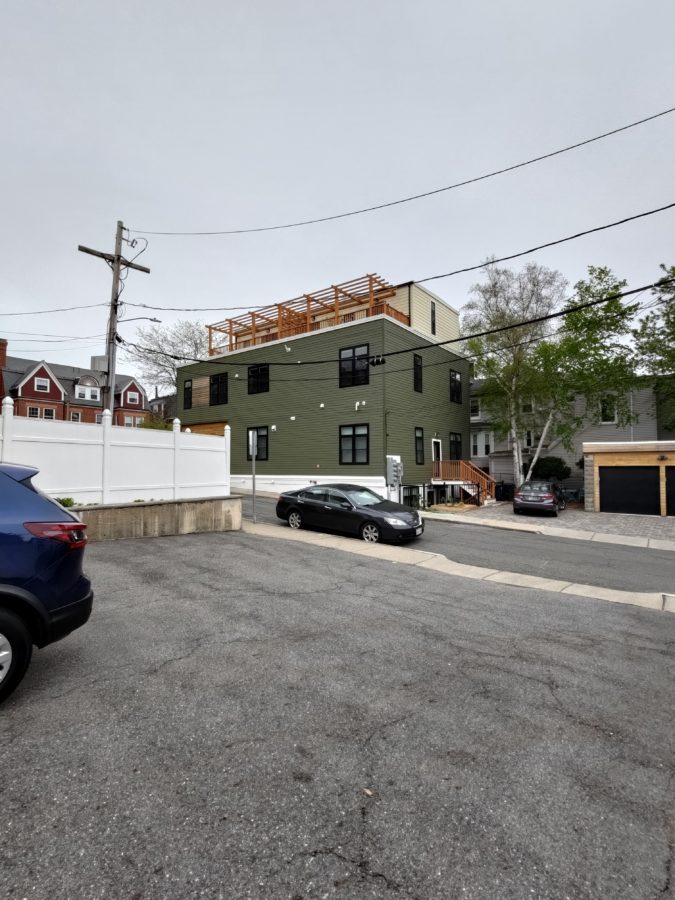
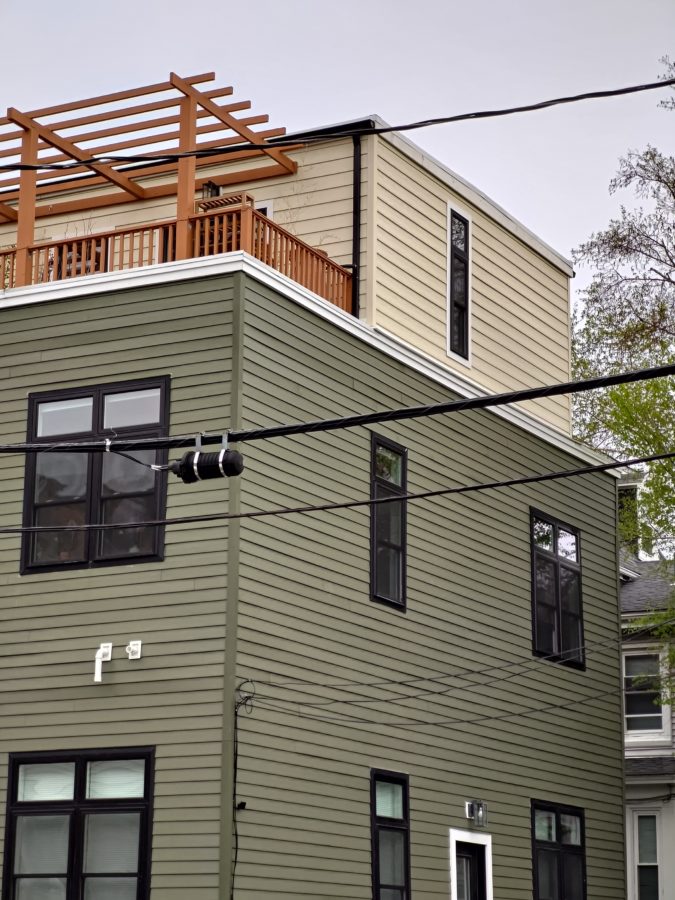

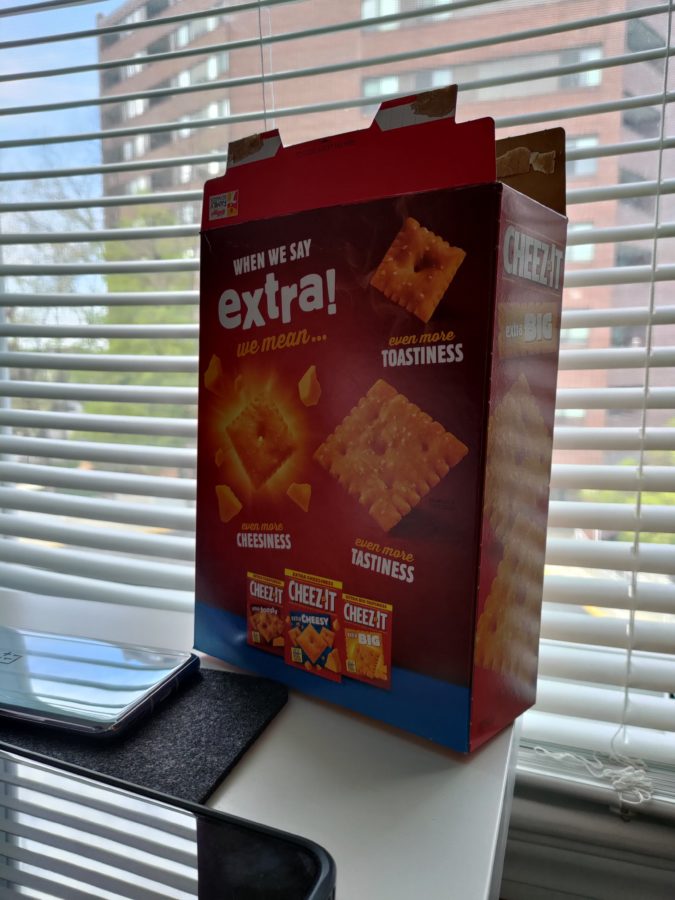
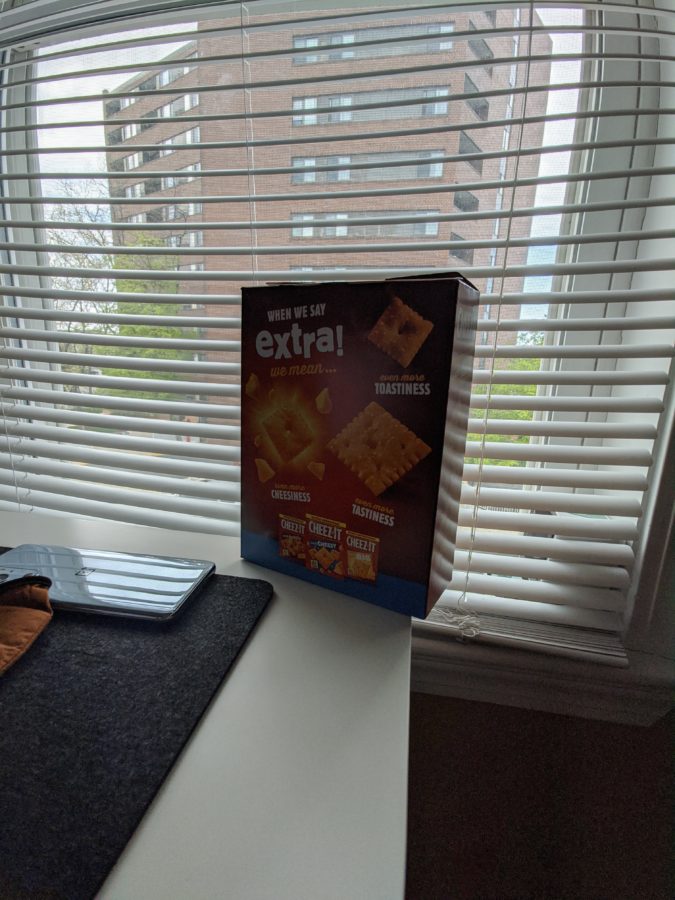
Zen UI is smooth
It’s pretty easy to forget about the user interface that manufacturers choose to package with their devices, but I have to say, Zen UI is really simple and straightforward. Shipping with Android 11, Zen UI maintains a virtually stock experience while providing device-specific features such as a 10 band equalizer, in-game UI, and a customizable smart key power button.





Apart from that, the user interface gives everything I’ve come to love about stock android. The native launcher features native Google Discover integration and a variety of customization options ranging from icon size to home screen grid options. Unfortunately, Asus no longer lets you customize your icons, so you’ll need a third-party launcher to do so. I’m hoping to see this in a future update, but I’m not holding my breath. Still, there’s no bloatware at all on this phone, and there’s a variety of different settings for changing the wallpaper or always-on display.
Still as good as Zen UI is, Asus hasn’t always had the best track record with software updates. So it’s uncertain how long the Zenfone 8 Flip will be supported.
Zenfone 8 Flip vs Zenfone 8: So what’s the difference?
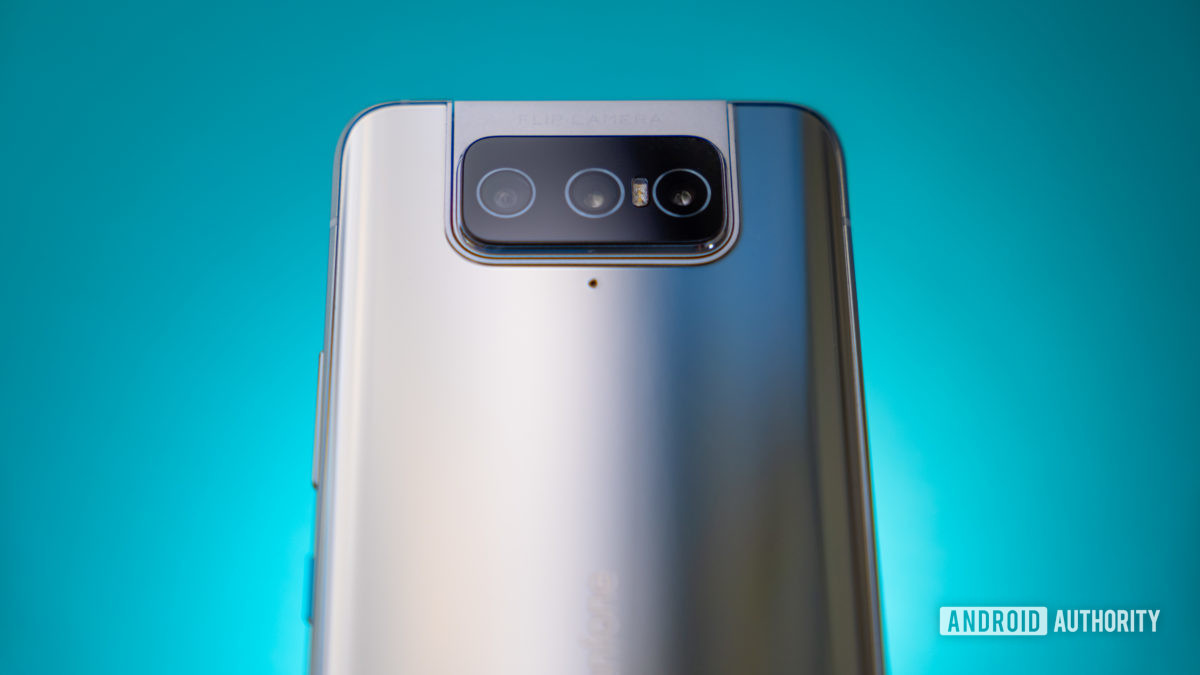
Asus is heavily marketing the Zenfone 8 as its flagship product. Still, the 8 Flip seems to offer a very competitive experience. Both phones feature the same Snapdragon 888 processor and Adreno 660 GPU. They both have the same main and ultra-wide camera sensors, and both are 5G compatible.
On the other hand, both phones trade blows in other areas. The Zenfone 8 Flip has a telephoto lens, a larger 5,000mAh battery, and triple sim card slots. Whereas the regular 8 has an IP68 water and dust resistance rating, ships with OIS for the cameras, uses the latest Gorilla Glass Victus, has a brighter 120Hz display, a 3.5mm headphone jack, and supports Wi-Fi 6E (in the US). Also, there is no wireless charging on the Flip — a standard that should be expected from a flagship device, though curiously also not included with the Zenfone 8.
More from Asus: ROG Phone 5 buyer’s guide — everything you need to know
On paper, it’s pretty clear that the Zenfone 8 is the better phone despite the size difference and the Flip’s novel camera system. However, pricing for these two different phones doesn’t necessarily reflect this. The Zenfone 8 costs €599 (~$727), whereas the 8 Flip is €799 (~$970). Essentially, you’re paying an extra €200 for a bigger battery, larger display, and flip-out camera system.
On a related note, the previous generation Asus Zenfone 7 series offers a very similar experience but comes at a much cheaper starting cost. The Asus Zenfone 7 ships with the Snapdragon 865, 6/8GB of RAM, and a nearly identical flip-out camera system, but only costs €699 (~$849). At this price, the Zenfone 7 seems like a better deal, especially if you can pick one up one sale. Sure the 8 Flip has a faster processor and more RAM, but it’s hard to justify these relatively smaller upgrades over the significant increase in price.
Zenfone 8 Flip specs
| Asus Zenfone 8 | Asus Zenfone 8 Flip | |
|---|---|---|
| Display | 5.9-inch AMOLED FHD+ HDR10+ 120Hz refresh rate Corning Gorilla Glass Victus |
6.67-inch AMOLED FHD+ HDR10+ 90Hz refresh rate Corning Gorilla Glass 6 |
| Processor | Qualcomm Snapdragon 888 | Qualcomm Snapdragon 888 |
| GPU | Qualcomm Adreno 660 | Qualcomm Adreno 660 |
| RAM | 6/8/16GB LPDDR5 |
8GB LPDDR5 |
| Storage | 128/256GB UFS 3.1 Non-expandable |
128/256GB UFS 3.1 Expandable with microSD card (up to 2TB) |
| Battery | 4,000mAh battery 30W wired charging |
5,000mAh battery 30W wired charging |
| Cameras | Primary: 64MP Sony IMX686 sensor with OIS, 2x lossless zoom f/1.8 aperture 0.8μm pixels Dual LED flash 8K/30fps video Secondary: 12MP ultra-wide sensor, Dual PDAF, macro mode (IMX363, 113 degrees) Front: 12MP IMX663 f/2.45 aperture 1.22μm pixels Dual PDAF |
Primary: 64MP Sony IMX686 sensor f/1.8 aperture 0.8μm pixels Dual LED flash 8K/30fps video Secondary: 12MP ultra-wide sensor (IMX363, 112 degrees) Tertiary: 8MP 3x telephoto |
| Connectivity | Wi-Fi 6E (US only) Bluetooth 5.2 NFC Dual nano-SIM |
Wi-Fi 6 Bluetooth 5.2 NFC Dual nano-SIM |
| Operating System | ZenUI 8 Android 11 |
ZenUI 8 Android 11 |
| Audio | Stereo speakers 3.5mm port |
Stereo speakers No 3.5mm port |
| Dimensions | 148 x 68.5 x 8.9mm 169g |
165.04 x 77.28 x 9.6mm 230g |
| Colors | Obsidian Black Horizon Silver |
Galactic Black Glacier Silver |
Asus Zenfone 8 Flip impressions: The verdict
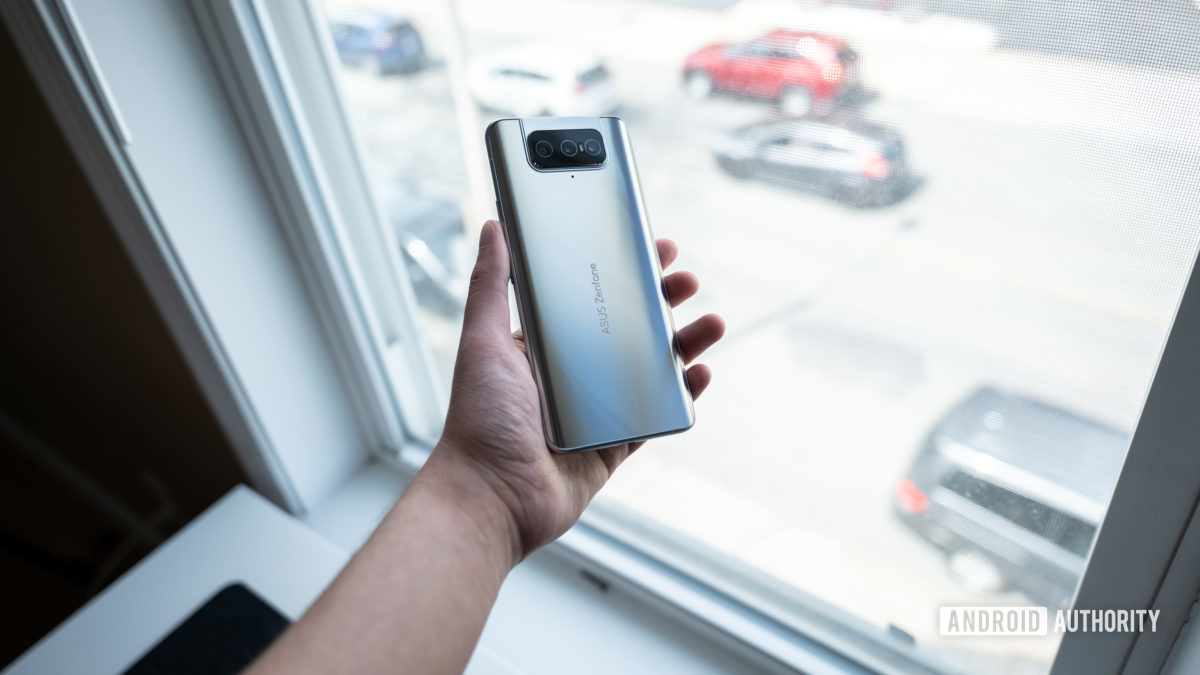
Upon first impressions, the Asus Zenfone 8 Flip packs a functional camera design, premium build quality, and an incredibly large battery to the table. I was quite impressed with Zen UI as a skin, and the full-screen display is just such a joy to use. Of course, this phone isn’t without its downsides. There’s no wireless charging and the screen tops out at 90Hz. Meanwhile, the camera system, while innovative, isn’t the best of performers even for its €799 price point.
Still, the overall experience is relatively premium, but it’s tough to swallow the €799 price tag considering last year’s Zenfone 7 series gives you most of the experience for a significantly cheaper price.
What do you think of the Asus Zenfone 8 Flip? Let us know in the comments.
from Android Authority https://ift.tt/3o8AObo

